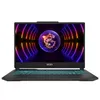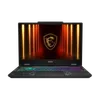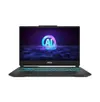I just tested the new Scuf Valor Pro controller — and it’s a must-have for PC gamers
New TMR joysticks promise more precision than Hall Effect
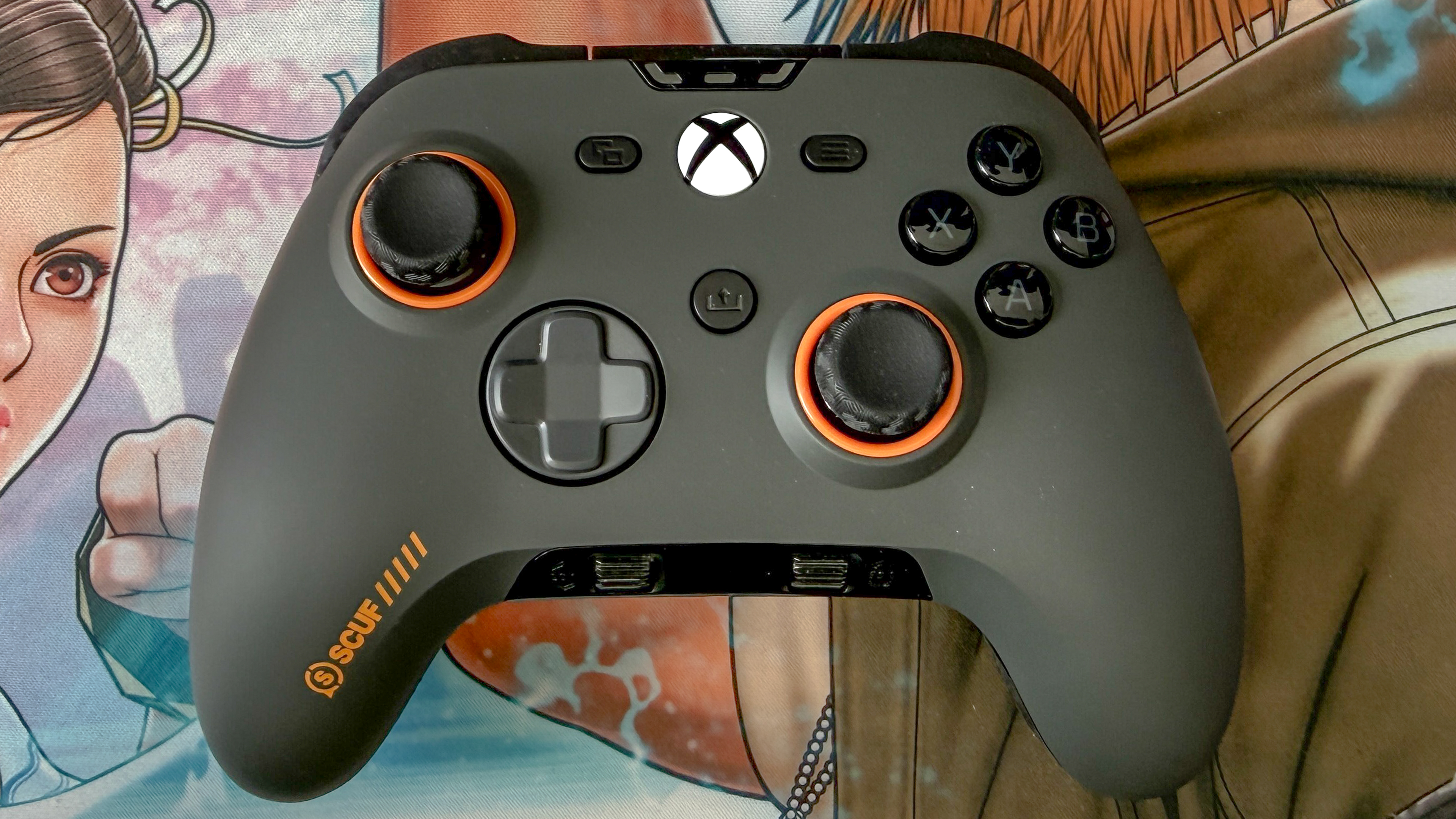
Here at Tom’s Guide our expert editors are committed to bringing you the best news, reviews and guides to help you stay informed and ahead of the curve!
You are now subscribed
Your newsletter sign-up was successful
Want to add more newsletters?

Daily (Mon-Sun)
Tom's Guide Daily
Sign up to get the latest updates on all of your favorite content! From cutting-edge tech news and the hottest streaming buzz to unbeatable deals on the best products and in-depth reviews, we’ve got you covered.

Weekly on Thursday
Tom's AI Guide
Be AI savvy with your weekly newsletter summing up all the biggest AI news you need to know. Plus, analysis from our AI editor and tips on how to use the latest AI tools!

Weekly on Friday
Tom's iGuide
Unlock the vast world of Apple news straight to your inbox. With coverage on everything from exciting product launches to essential software updates, this is your go-to source for the latest updates on all the best Apple content.

Weekly on Monday
Tom's Streaming Guide
Our weekly newsletter is expertly crafted to immerse you in the world of streaming. Stay updated on the latest releases and our top recommendations across your favorite streaming platforms.
Join the club
Get full access to premium articles, exclusive features and a growing list of member rewards.
I reviewed the Scuf Valor Pro earlier this year, and it quickly became my favorite PC game controller. While its Hall Effect joysticks and smooth gaming performance won me over, it didn’t offer wireless connectivity or software customization. Months later, the company has released an upgraded model that fixes these two issues, while also adding a feature I didn’t know I wanted.
The appropriately named Scuf Valor Pro Wireless lets you play untethered on Xbox or PC. Additionaly, you can now customize the controller’s functions via software. If that wasn’t enough, Scuf outfitted the peripheral with new magnetic TMR joysticks, which are more precise than Hall Effect ones. Truly, this controller has it all.
I’ve used the Scuf Valor Pro Wireless controller for a week, and it’s easily one of the best PC game controllers out there. Here’s why I’ve fallen in love with this controller and why you should consider buying it for your Xbox Series X or gaming PC.
TMR > Hall Effect
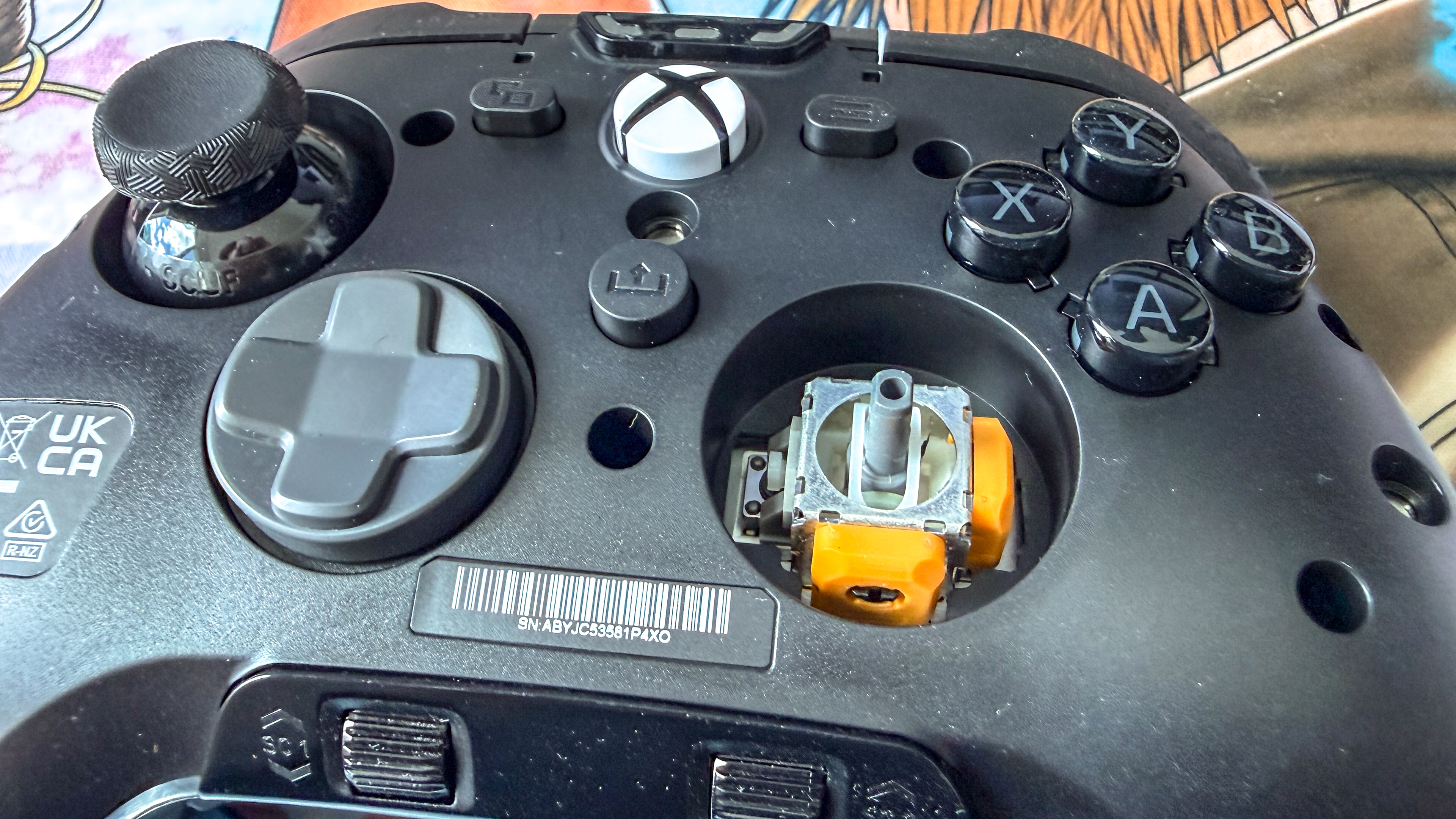
Controllers with Hall Effect sensors have become popular in recent years, chiefly because they utilize magnets instead of a direct point of contact. While Hall Effect joy sticks dramatically reduce (or effectively eliminate) stick drift, they’re not always a precise as some gamers would like. Hence, a new technology has arrived to dethrone Hall Effect, and that’s TMR.
TMR, or Tunnel Magnetoresistance, uses weak electromagnetic waves rather than strong ones. Thanks to that, the sensor can pick up smaller adjustments and movements than Hall Effect. As a bonus, TMR tech uses a fraction of the energy Hall Effect sensors consume. Naturally, this results in longer battery life for wireless gaming controllers.
How do the TMR sticks on the new Valor Pro feel compared to the previous model? Though I’m not a competitive gamer, the difference is noticeable, especially in fast-paced first-person shooters like Doom: The Dark Ages that demand extreme accuracy and dexterity. But even if you can’t tell the difference, you’ll appreciate the smooth movement these TMR sticks deliver.
Given how I’ve only used this controller for a week, I can’t yet speak to its longevity. But if TMR tech lives up to the hype, the Valor Pro should last me for many years.
Get instant access to breaking news, the hottest reviews, great deals and helpful tips.
Wireless connectivity
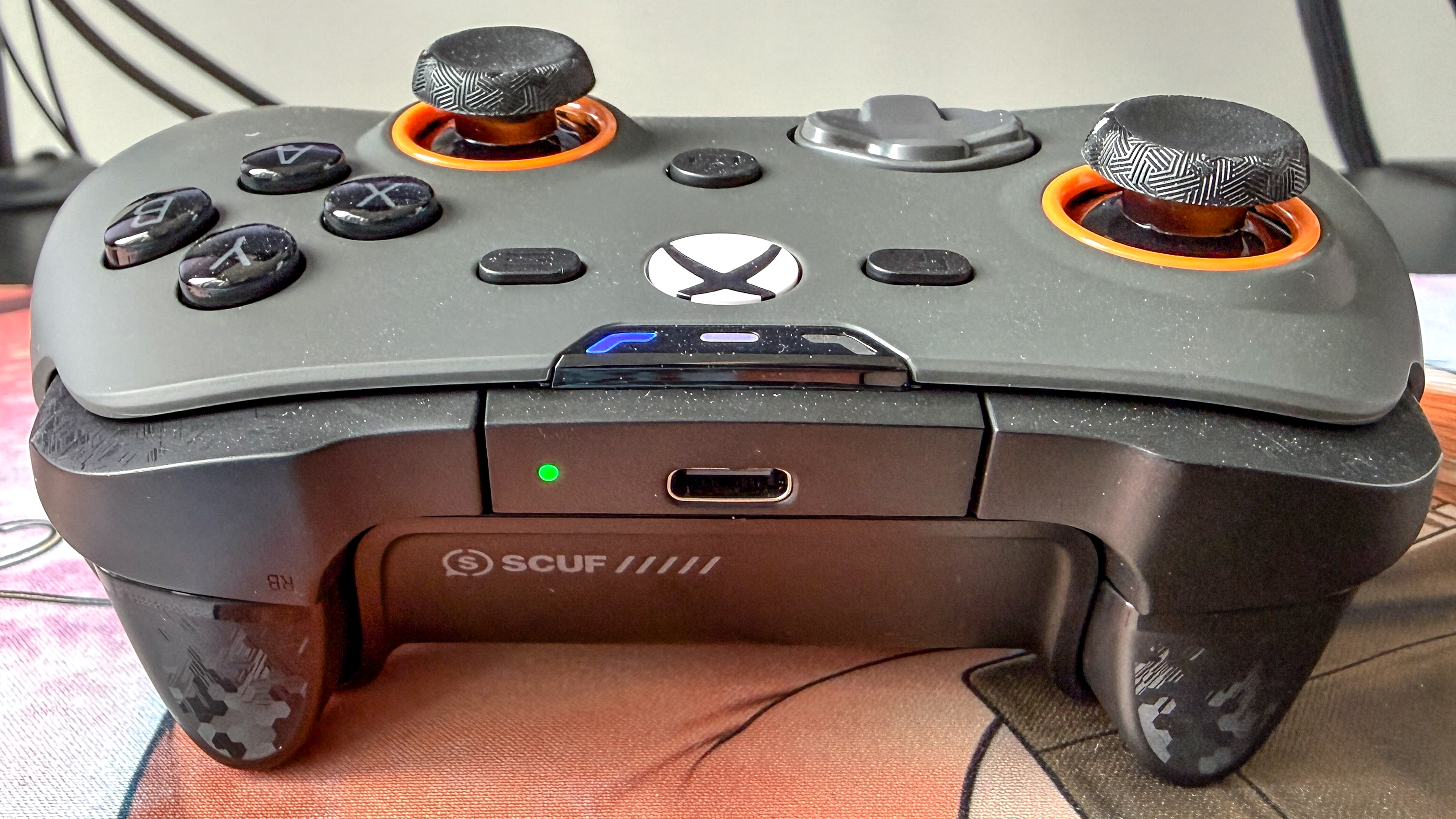
One of my main complaints with the previous Valor Pro was that it was wired-only. If you’re a competitive gamer, you’ll want a wired connection for faster input reads. However, if you’re like me, you’ll prefer the convenience of wireless play so long as there’s no perceptible input lag. So on this front, the wireless Valor Pro is an instant winner.
You can connect wirelessly via Bluetooth or with the included 2.4GHz wireless dongle. Bluetooth connectivity can be spotty on my PC, but the dongle delivers virtually latency-free gameplay. During my time with the Valor Pro, the controller never failed to register my inputs. The 1K polling rate no doubt also contributes to this.
Before you ask, no, you can’t connect this controller to your PS5 or Nintendo Switch 2. At its core, this is an Xbox and PC controller, though you can connect it to one of the best handheld gaming consoles like the Steam Deck OLED or even to one of the best MacBooks and best iPads.
Software customization
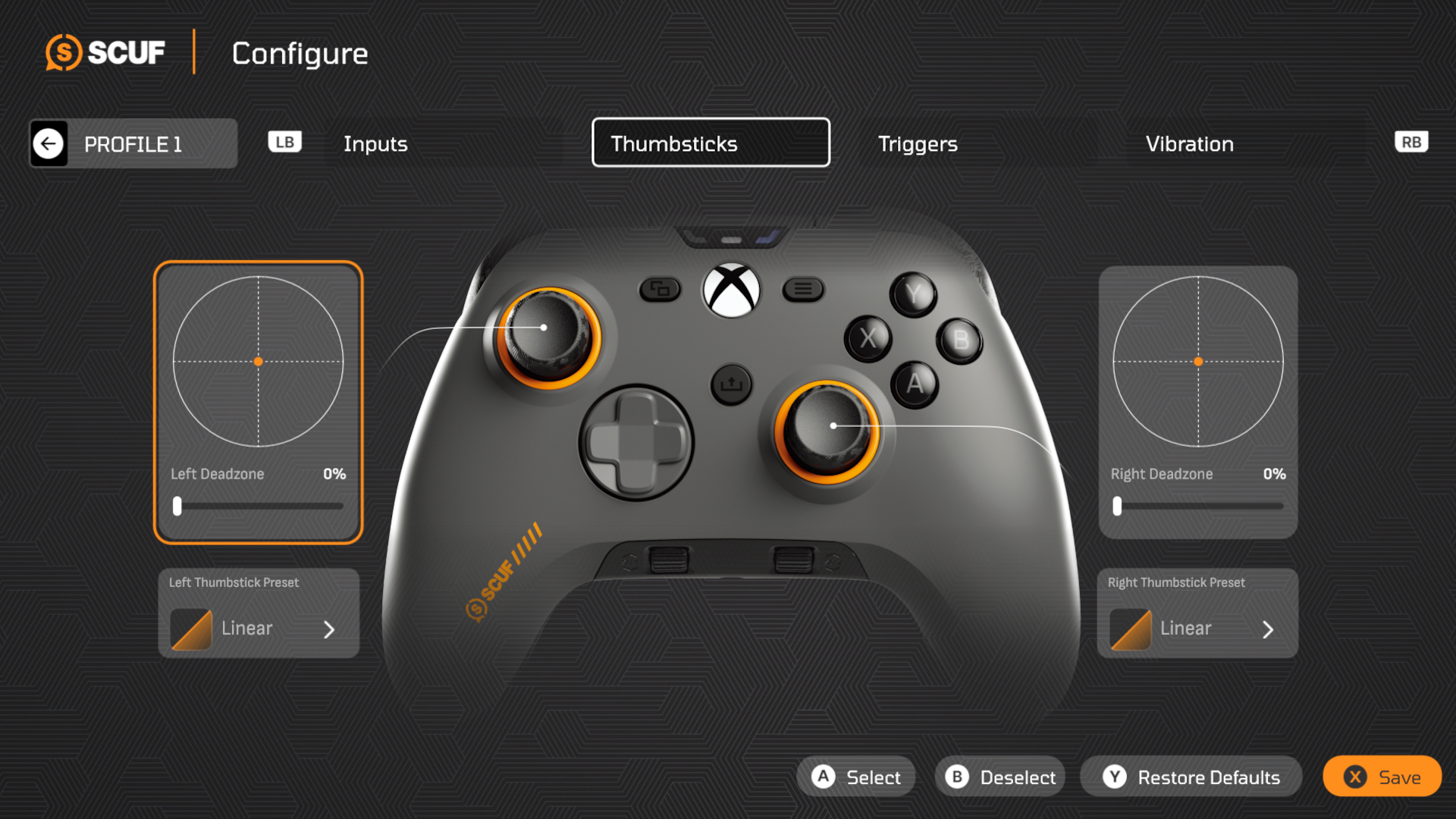
The new Valor Pro has a companion app that allows you to remap buttons, adjust the joysticks’ sensitivity, and set different profiles. The app has a clean and straightforward layout that lets you easily adjust what you need to. And of course, you can use the app to install controller updates as they become available.
The lack of a companion app was one of my biggest problems with the wired Valor Pro. Sure, you could remap buttons and make other adjustments right on the controller, but having the software option allows for even more fine-tuning. That said, if you’d prefer making adjustments without the app, you can still do so too.
Bottom line
I have to commend Scuf for how quickly it upgraded the Valor Pro. The company could have simply added wireless connectivity and called it a day, but it went the extra mile by opting for TMR technology to give the controller additional precision and longevity.
Thanks to these factors, along with its ergonomic design, removable faceplates, and handy back buttons, the Valor Pro Wireless is now my favorite PC game controller.
Follow Tom's Guide on Google News and add us as a preferred source to get our up-to-date news, analysis, and reviews in your feeds. Make sure to click the Follow button!
More from Tom's Guide
- Best mobile game controllers for iPhone and Android 2025
- Best Nintendo Switch controllers of 2025: our top picks
- I’m a fighting game player — and this is the fightpad I’ve wanted for years

Tony is a computing writer at Tom’s Guide covering laptops, tablets, Windows, and iOS. During his off-hours, Tony enjoys reading comic books, playing video games, reading speculative fiction novels, and spending too much time on X/Twitter. His non-nerdy pursuits involve attending Hard Rock/Heavy Metal concerts and going to NYC bars with friends and colleagues. His work has appeared in publications such as Laptop Mag, PC Mag, and various independent gaming sites.
You must confirm your public display name before commenting
Please logout and then login again, you will then be prompted to enter your display name.
 Club Benefits
Club Benefits

















